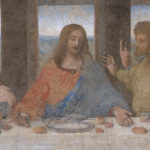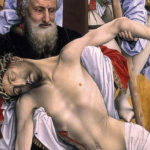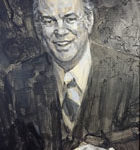
Laughter does not appear to verify spiritual meaning. We expect solemnity when we deal with serious concerns. We do not laugh or even smile when we pray. On occasions of my attendance where grace has been offered at a banquet there appeared humor in prayer. It may be taken as innocent, but it did not seem devout in the lives of the diners. Like many gifts for life, humor can be distorted in either the practice of it, or an excess of time devoted to it. Further, it is not understood as an attitude that relates directly to serious values as do humility, affirmation, problem solving, and related orientations. It is rather easily grasped in assisting us in understanding when… Read more







